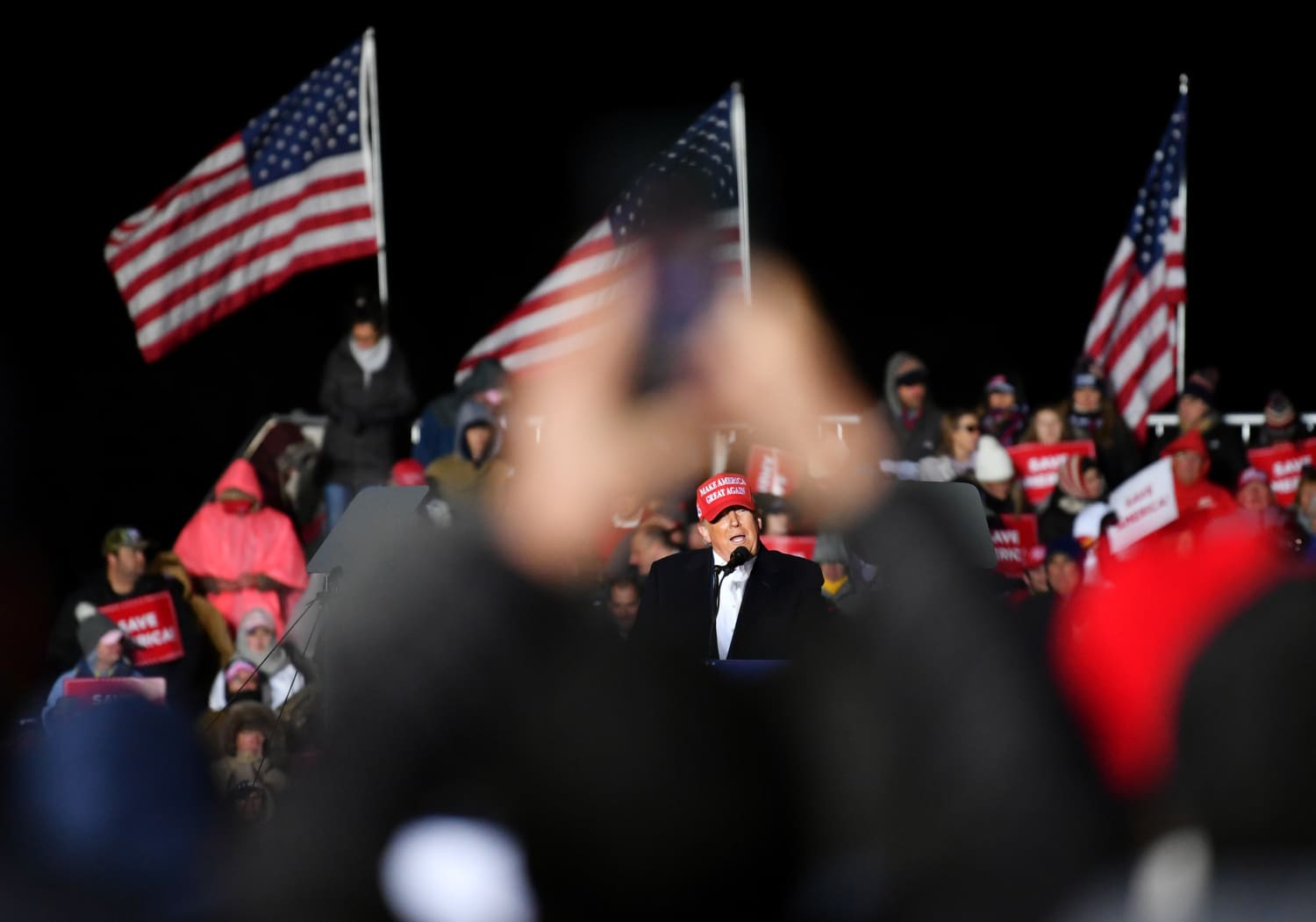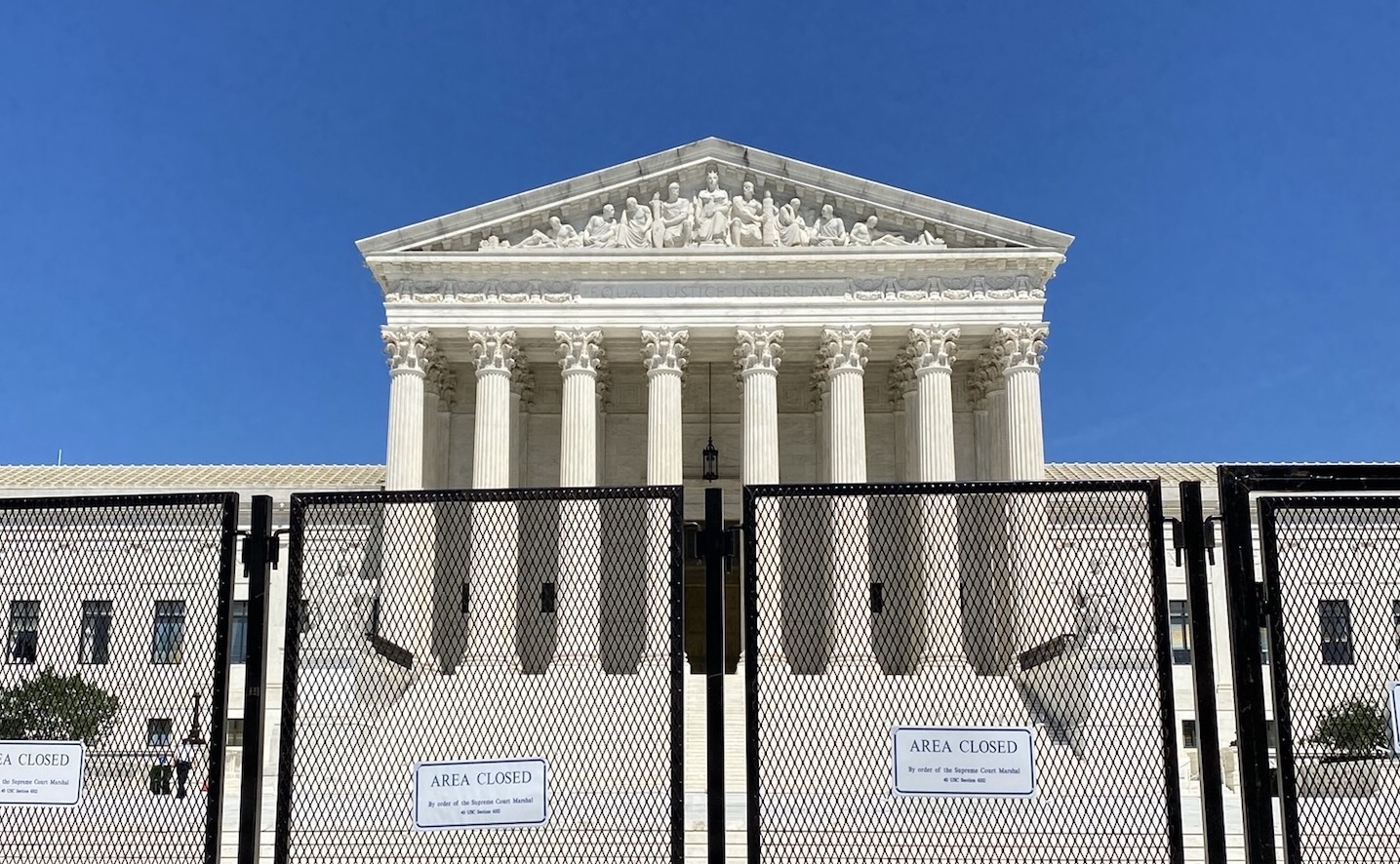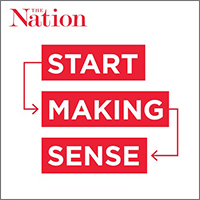
Listen HERE
The Mar-a-Lago raid by the FBI put Donald Trump back at the center of American politics, just before the midterms. Is that good for the Democrats? John Nichols comments.
Also: Dirty work—and the people who do it: the low-income workers who do our most ethically troubled jobs. What does that have to do with the rest of us? Eyal Press explains—his book “Dirty Work” is out now in paperback. 8-25-2022









